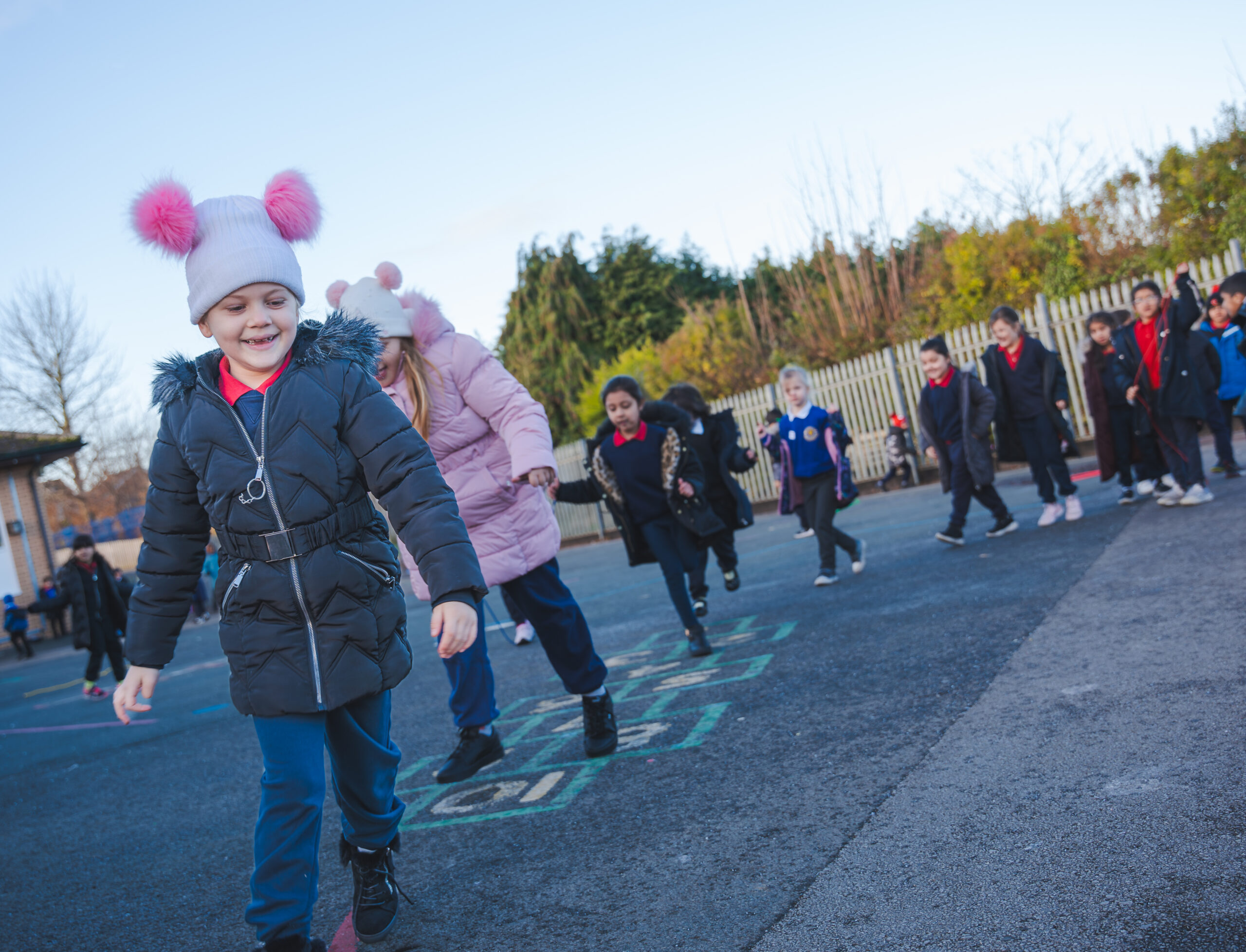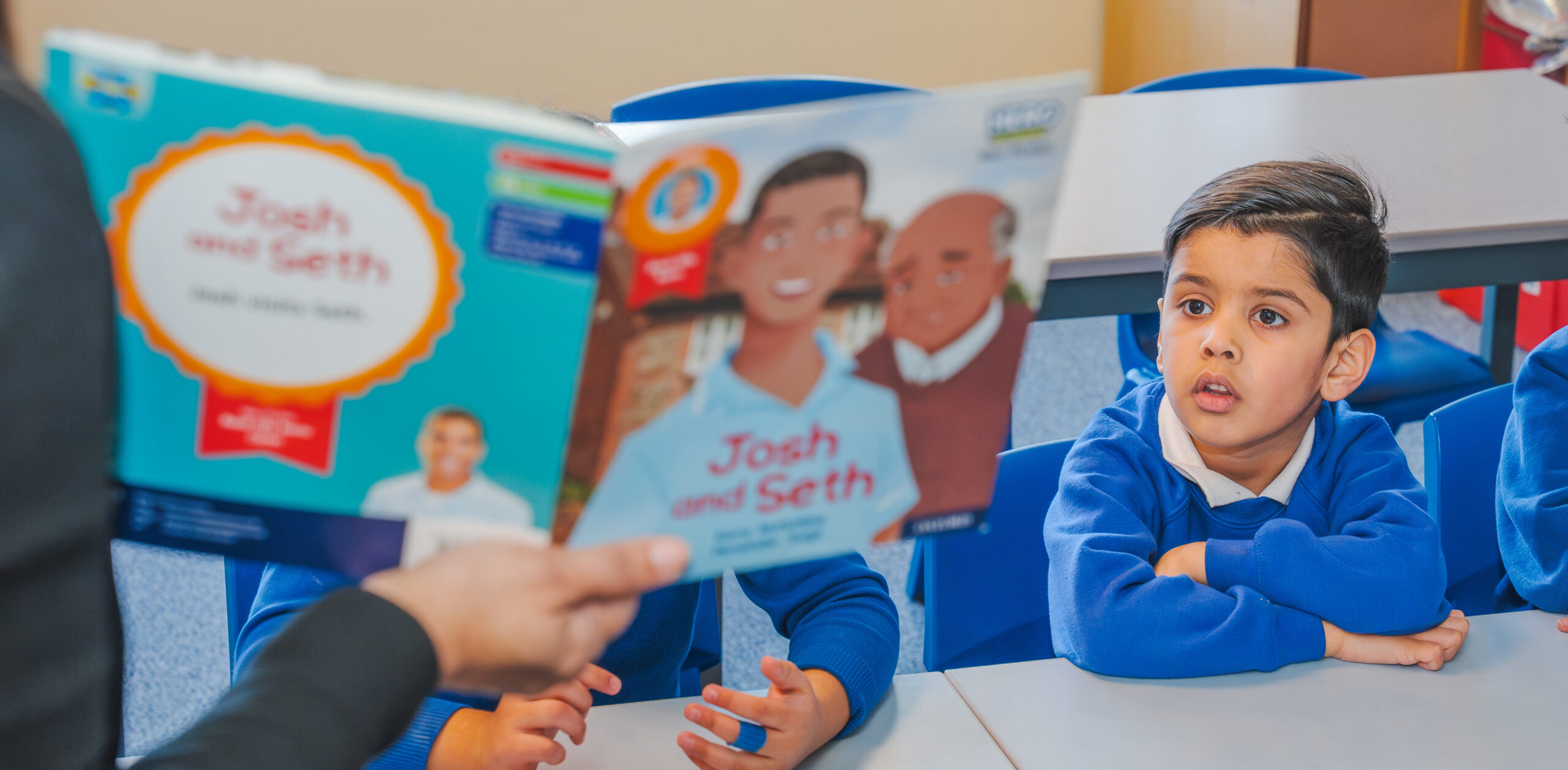Pupil Premium
Pupil Premium is funding to improve educational outcomes for disadvantaged pupils in schools in England. Evidence shows that disadvantaged children generally face additional challenges in reaching their potential at school and often do not perform as well as other pupils. The funding is used to help disadvantaged pupils of all abilities achieve their full potential and to close the gap between them and their peers.
Our Pupils Premium Lead and Designated Teacher for Looked After Children in school is Ms Sofia Yaqub.
Our Pupil Premium Strategy is for 3 years, however, it will be evaluated by the Senior Leadership Team annually and on a termly basis.
Please click on the link to view our Pupil Premium Strategy: Pupil Premium Strategy 2024-2025.
Pupil Eligibility and Funding Rates 2024 – 2025
In the 2024-2025 financial year, schools will receive £1,480 for pupils in Reception to Year 6 who are eligible for free school meals or have been at any point in the last 6 years.
Schools will also receive £2,570 for each pupil identified in the Spring School Census as having left local-authority care due to one of the following:
- Adoption
- A Special Guardianship Order
- A Child Arrangement Order
- A Residence Order
Children who have been in local authority care for one day or more, also attract £2,570 of Pupil Premium funding.
Use of Pupil Premium Funding
School leaders assess their pupils’ needs and use the funding to improve attainment; drawing on evidence of effective practice. School leaders then use this evidence to determine how to spend the Pupil Premium funding.
Evidence suggests that Pupil Premium spending is most effective when schools use a tiered approach, targeting spending across 3 areas, with a particular focus on teaching, For more information on the tiered approach to Pupil Premium spending, please read: Education Endowment Foundation’s (EEF) pupil premium guide.
1. Teaching
Investing in high-quality teaching. For example:
- Training and professional development for teaching
- Recruitment and retention
- Support for teachers in their early career
- Targeted Academic Support
Additional support for some pupils focused on their specific needs. For example:
- One-to-one tuition
- Small group tuition
- Speech and language therapy
3. Wider Approaches
Support for non-academic issues that impact success in school, such as attendance, behaviour as well as social and emotional challenges. For example:
- School breakfast clubs
- Counselling to support emotional health and wellbeing
- Help with the cost of educational trips or visits
- Help parents get free school uniform
Funding Paid to Local Authorities for Looked After Children
Virtual School Heads are responsible for managing their funding given to local authorities for the children in their care. They work with schools to ensure the funding is used to help deliver the outcomes identified in the children’s personal education plans.
They can pass all of the funding on to schools or retain some to fund activities that will benefit a group, or all, of the authorities looked after children.
For further information on using Pupil Premium funding, please read: Virtual School Heads responsibilities.
Free School Meals
Children in Reception, Year 1 and 2 are already offered a healthy school meal every day, free of charge, so this may have discouraged eligible families from applying. Even if your child is in Reception, Year 1 or Year 2, it is important to see if you are eligible for the Pupil Premium so that the school receives as much funding as possible. The media has highlighted the fact that funding given to schools is extremely tight. We need your help!
All applications for Pupil Premium are confidential. No one will know that your child receives it unless you tell them.
Is my child eligible for the Pupil Premium grant?
You must receive one of these benefits to qualify for Pupil Premium funding:
- Income Support.
- Income Based Jobseekers Allowance.
- Child Tax Credit (not including Working Tax Credit) – if the household income is below £16,190.
- Guaranteed Element of State Pension Credit.
- An income-related Employment and Support Allowance.
- Support under part VI of the Immigration and Asylum Act 1999 if you are an asylum seeker.
How do I apply?
The application is completed online. It takes just a few minutes and you will find out straight away if you are eligible.
Register through this link: Apply for Pupil Premium here.
If you need any help in applying, please speak to a member of the office team.






